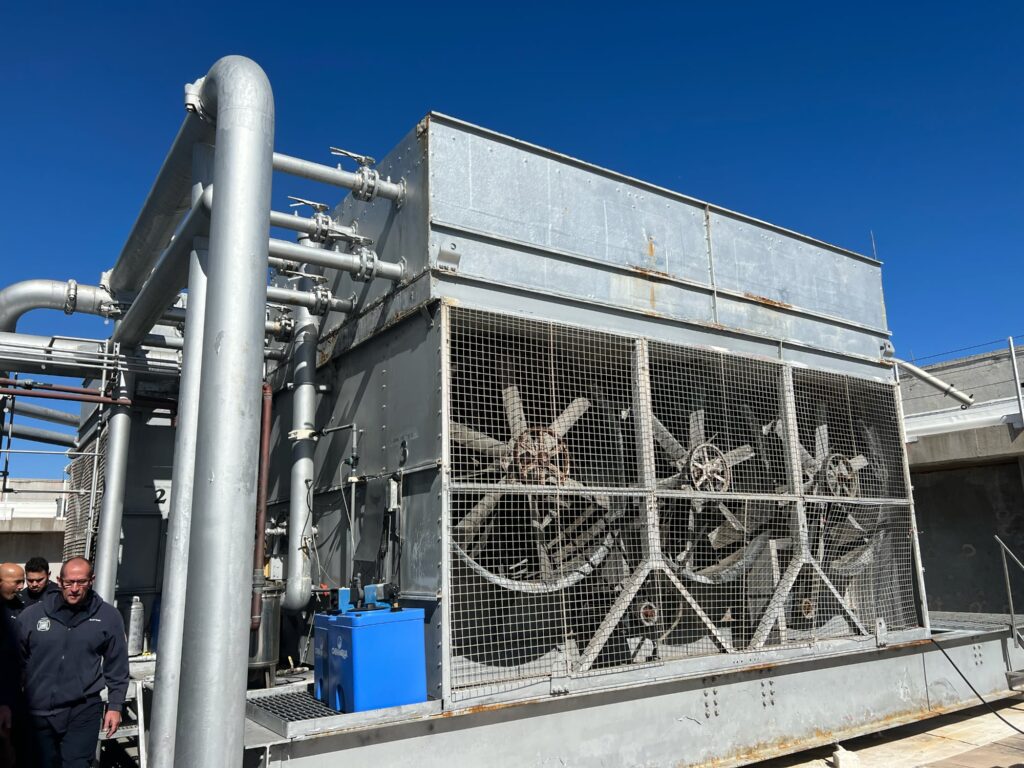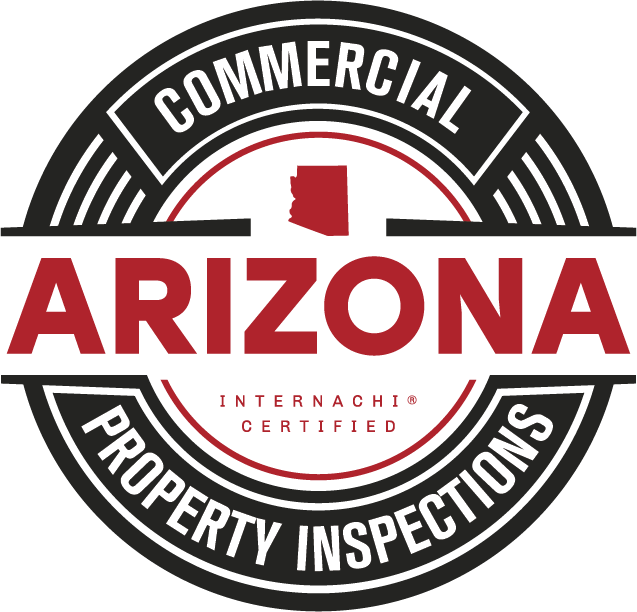Rooftop mechanical systems are crucial to the functionality and comfort of commercial buildings. These systems, which often include HVAC units, exhaust fans, and cooling towers, require regular maintenance to ensure they operate efficiently and reliably. Proper maintenance not only extends the lifespan of these systems but also helps in avoiding costly repairs and downtime. Here’s a guide on how to maintain mechanical systems on the roof of a commercial building.
1. Regular Inspections
Conducting regular inspections is the first step in maintaining rooftop mechanical systems. Schedule inspections at least twice a year, ideally before the peak heating and cooling seasons. During inspections, look for:
- Visual Damage: Check for any visible signs of wear and tear, corrosion, or physical damage.
- Leaks: Inspect for leaks in and around the units, especially around seals and joints.
- Secure Mounting: Ensure that all units are securely mounted and stable.
2. Cleaning
Keeping rooftop mechanical systems clean is essential for optimal performance. Regular cleaning helps in removing dirt, debris, and other contaminants that can clog and damage the systems. Focus on:
- Filters: Clean or replace filters regularly to ensure proper airflow and prevent dust buildup.
- Coils: Clean the coils to maintain efficient heat exchange. Dirty coils can lead to higher energy consumption and reduced cooling capacity.
- Surrounding Area: Clear any debris, leaves, or other materials from around the units to prevent obstruction and ensure proper airflow.
3. Lubrication
Proper lubrication of moving parts is critical to prevent friction and wear. Ensure that:
- Fan Motors: Lubricate fan motors and bearings according to the manufacturer’s specifications.
- Pulleys and Belts: Check pulleys and belts for proper tension and lubricate as needed to prevent squeaking and premature wear.
4. Check Electrical Components
Electrical components are vital to the operation of rooftop mechanical systems. Regularly inspect and maintain:
- Connections: Tighten any loose electrical connections to prevent shorts and electrical fires.
- Wiring: Inspect wiring for signs of wear, fraying, or corrosion.
- Control Panels: Check control panels and replace any damaged or worn-out components.
5. Monitor Refrigerant Levels
For HVAC systems, maintaining the correct refrigerant levels is essential for efficient operation. Low refrigerant levels can lead to reduced cooling capacity and increased energy consumption. Regularly check:
- Refrigerant Lines: Inspect for leaks and ensure that the refrigerant levels are within the recommended range.
- Pressure Levels: Monitor the pressure levels to ensure the system is operating efficiently.
6. Test System Performance
Regularly test the performance of the rooftop mechanical systems to ensure they are operating at optimal efficiency. This includes:
- Temperature Control: Verify that the HVAC system is maintaining the desired indoor temperature.
- Airflow: Check that the airflow is consistent and adequate throughout the building.
- Noise Levels: Listen for unusual noises that might indicate mechanical issues.
7. Maintain Records
Keeping detailed maintenance records is crucial for the long-term care of rooftop mechanical systems. Record all inspections, maintenance activities, and repairs, including:
- Date and Time: Note the date and time of each maintenance activity.
- Observations: Document any issues or observations made during inspections.
- Repairs and Replacements: Record details of any repairs or component replacements.
8. Seasonal Preparation
Preparing rooftop mechanical systems for seasonal changes helps prevent unexpected issues. Before the summer and winter seasons:
- Summer Preparation: Ensure that the cooling systems are in top condition, with clean coils and adequate refrigerant levels.
- Winter Preparation: Inspect heating elements and ensure that all components are ready to handle the colder temperatures.
9. Hire Professional Services
While regular in-house maintenance is crucial, hiring professional HVAC technicians for more thorough inspections and maintenance can be beneficial. Professionals have the expertise and equipment to:
- Perform Detailed Inspections: Conduct in-depth inspections and identify potential issues that might be missed during routine checks.
- Advanced Cleaning: Provide advanced cleaning services for coils, ducts, and other components.
- Comprehensive Repairs: Handle complex repairs and ensure that systems are restored to optimal condition.
Conclusion
Maintaining rooftop mechanical systems in commercial buildings is essential for ensuring reliable and efficient operation. Regular inspections, cleaning, lubrication, and performance testing are key to preventing issues and extending the lifespan of these systems. By following these maintenance guidelines and keeping detailed records, building owners and managers can ensure that their rooftop mechanical systems remain in top condition, providing comfort and functionality for all occupants.

